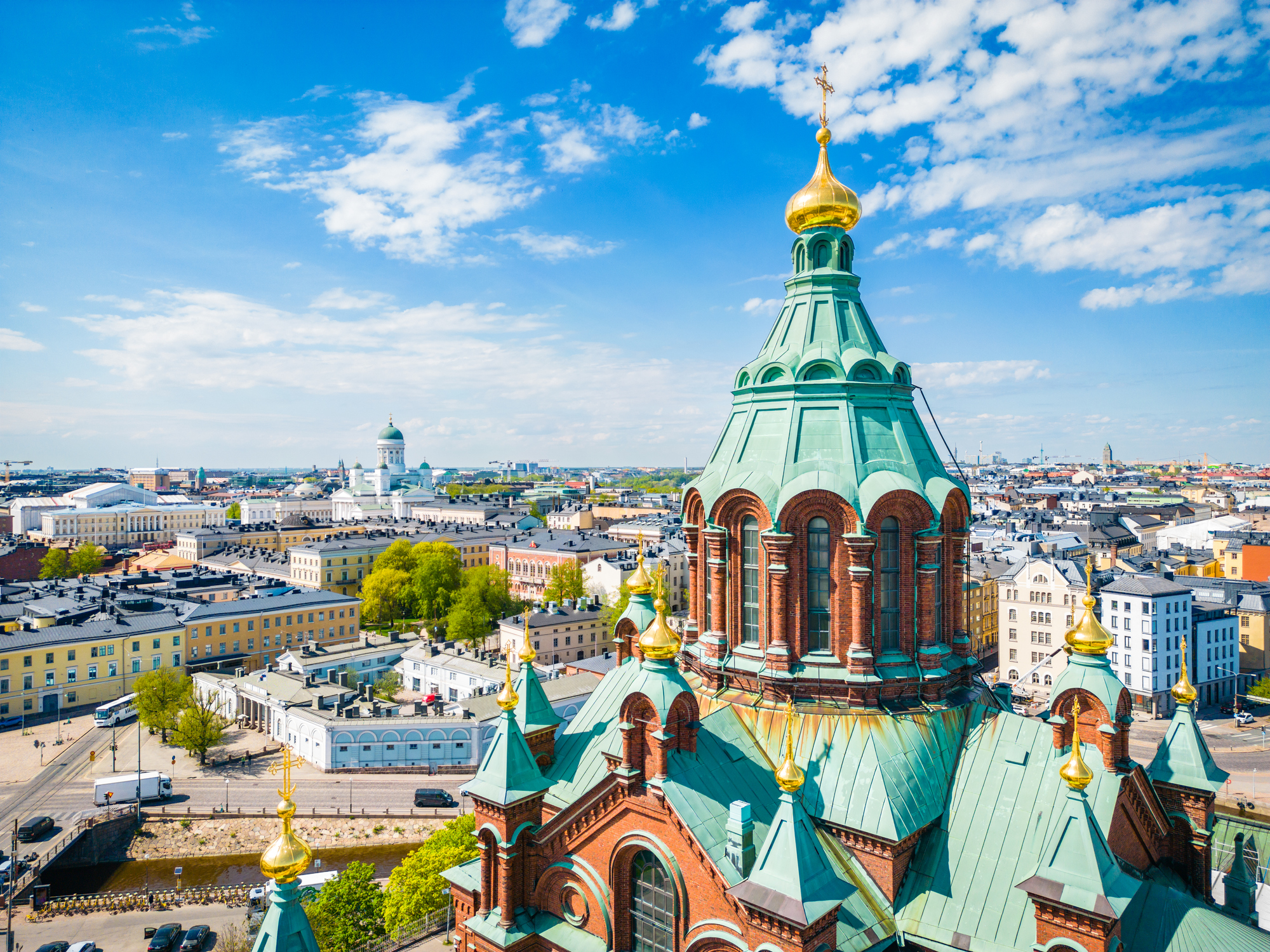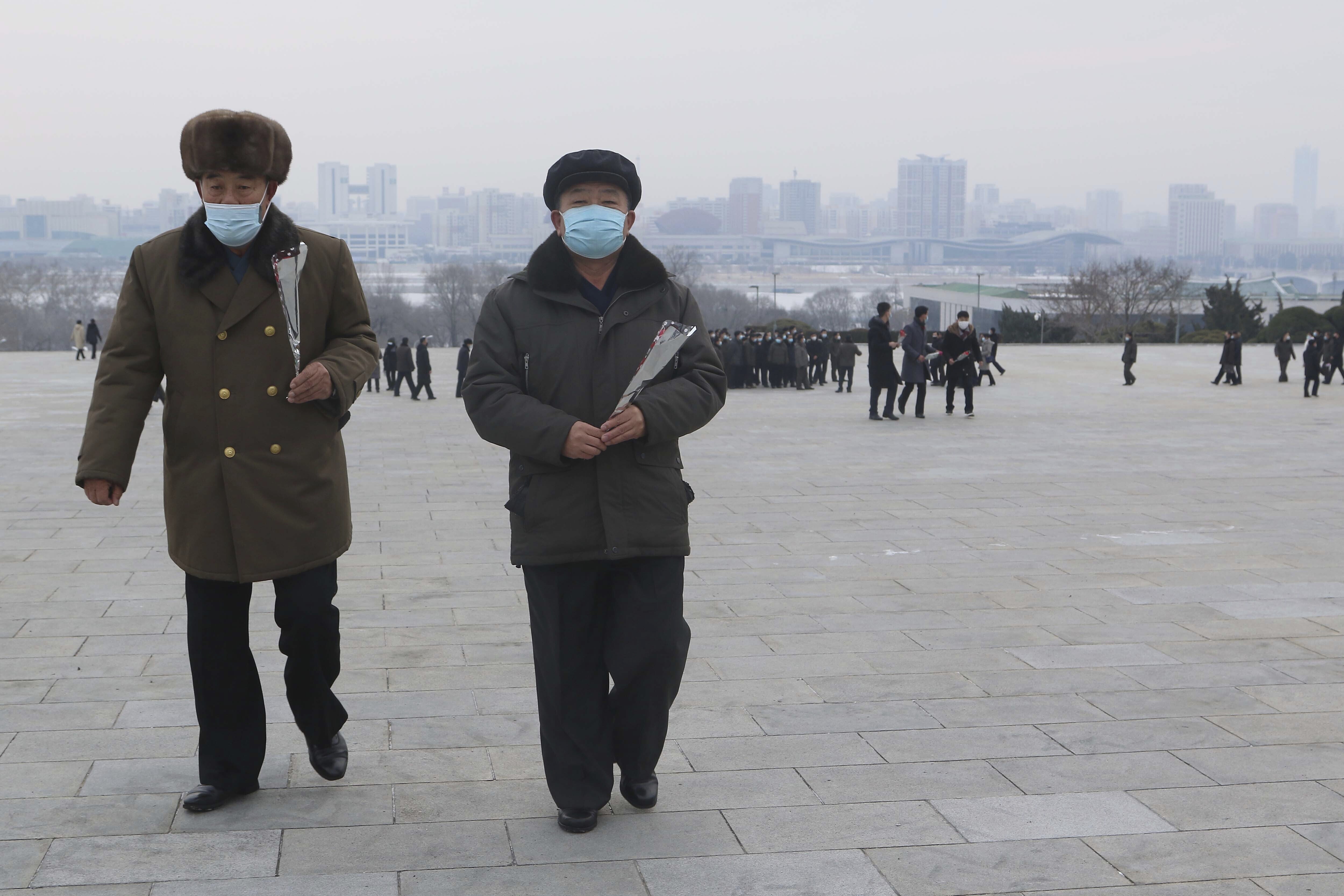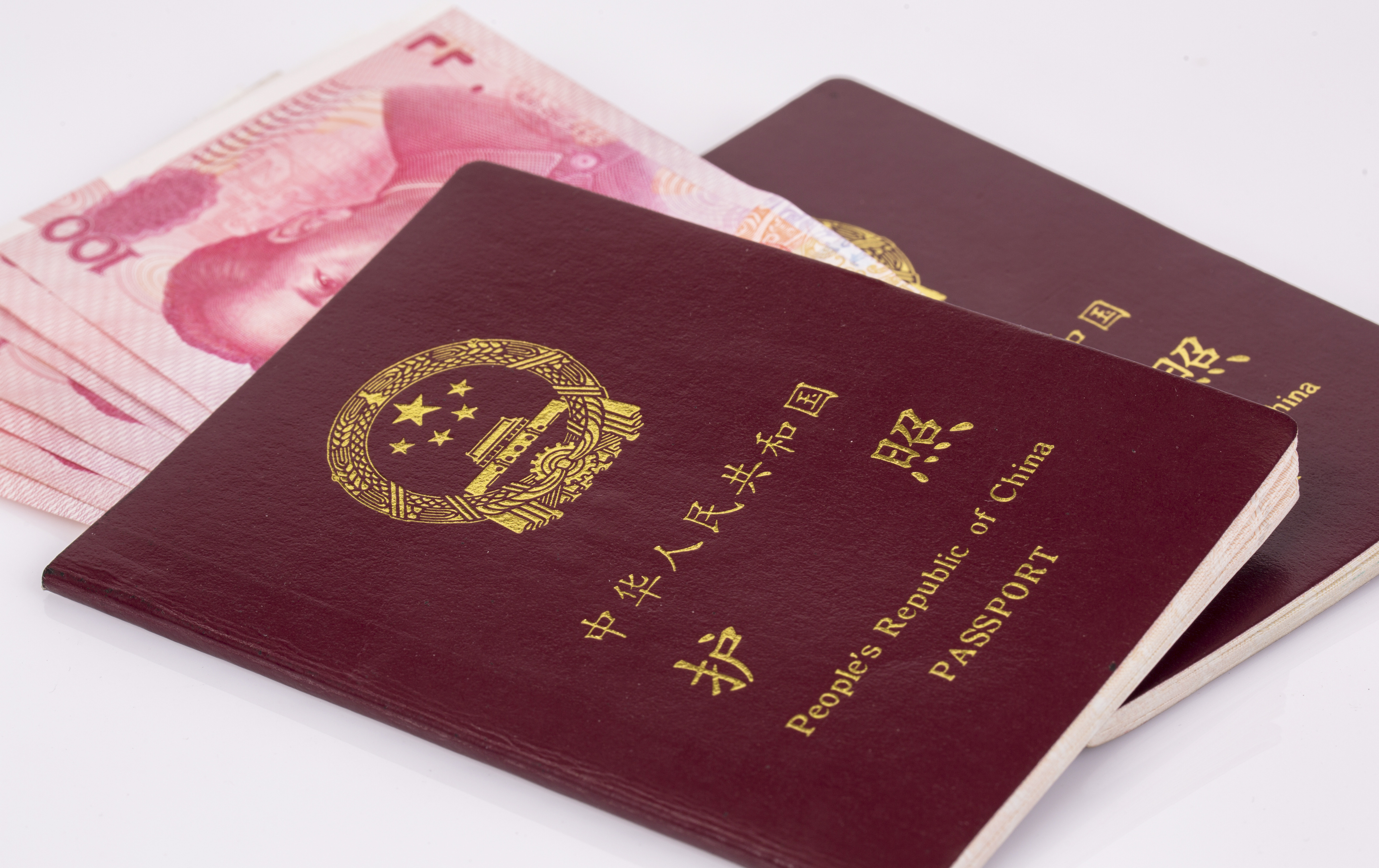‘Our excessive hygiene practices could imperil our immune systems’
Your digest of analysis and commentary from the British and international press

- 1. Can we learn to live with germs again?
- 2. The spy who LinkedIn with me
- 3. How the Tories can appeal to young voters
- 4. This war graves report shows Britain must face its colonial past with honesty
- 5. The Super League implosion means we still don’t know if Boris Johnson is willing to tear up the Tory playbook
A free daily email with the biggest news stories of the day – and the best features from TheWeek.com
You are now subscribed
Your newsletter sign-up was successful
1. Can we learn to live with germs again?
Markham Heid in The New York Times
on welcoming back bugs
“For more than a century – since scientists first learned that unseen germs cause infection and illness – we’ve tended to think of sterile environments as the safe ones,” writes Markham Heid in The New York Times. At the start of the pandemic, “when we didn’t know any better, it was sensible to disinfect as much as possible, including our groceries, clothing and personal spaces”. But experts are starting to watch this “onslaught” of disinfectant “with a mounting sense of dread”. Scientists worry about our “human microbiome, the trillions of bacteria that live on and inside our bodies”. Our “excessive hygiene practices, inappropriate antibiotic use and lifestyle changes such as distancing may weaken those communities going forward in ways that promote sickness and imperil our immune systems”, he adds. “By sterilising our bodies and spaces, they argue, we may be doing more harm than good.”
The Week
Escape your echo chamber. Get the facts behind the news, plus analysis from multiple perspectives.

Sign up for The Week's Free Newsletters
From our morning news briefing to a weekly Good News Newsletter, get the best of The Week delivered directly to your inbox.
From our morning news briefing to a weekly Good News Newsletter, get the best of The Week delivered directly to your inbox.
2. The spy who LinkedIn with me
Editorial board of the Financial Times
on social media spies
“What is social media good for, if not a bit of spying?” asks the Financial Times. “Companies deploy it for due diligence on applicants, ex-partners check their former loved ones’ profiles, and in what should be a shock to no one, actual spies use it too.” This week, MI5 warned 450,000 civil servants and partners in academia and industry that they were “potential targets for agents of hostile states with sham profiles on social media and professional-networking sites”. The pandemic “may have intensified hostile states’ online efforts”. After all, “even spies find it hard to travel during lockdowns, and so networking sites provide a cheap and effective way of carrying on the business of espionage”.
A free daily email with the biggest news stories of the day – and the best features from TheWeek.com
3. How the Tories can appeal to young voters
James Forsyth in The Times
on doing the right thing
Although Covid-19 hit the elderly hardest, “it’s the young who have suffered most of the collateral damage from the pandemic, from truncated educations to missed life opportunities”, writes James Forsyth in The Times. “An advert for a dating app puts it well: ‘You can tell the grandkids you met when kissing was illegal’.” As Forsyth says: “The government knows it has a problem with young people, as it demonstrated with its 95% mortgage guarantee scheme to help more of them on to the housing ladder.” But they’ll need more “radical” policy plans if 18- to 35-year-olds “are to feel it’s in their interest to vote Conservative”. “It all adds up to a simple point: young people have more than done their bit during the pandemic. The government must now do the right thing by them.”
4. This war graves report shows Britain must face its colonial past with honesty
David Lammy in The Guardian
on unremembered soldiers
While visiting the Voi cemetery in southern Kenya when filming a documentary, “I read the names of British captains and corporals who died in the country in the first world war and paid my solemn respects”, writes David Lammy in The Guardian. “I then asked the caretaker where the bodies of the Africans who also served Britain were buried. He pointed into the distance, behind the fence of the neatly-kept grounds into the bush, where dogs pee next to discarded plastic bags, bottles and other bits of miscellaneous rubbish.” Some soldiers were commemorated only collectively, on memorials, others in registers rather than in stone and “some of them were not commemorated at all”. “No condolences can ever make up for the indignity suffered by the unremembered,” Lammy says. But an apology offers a chance “as a nation to take a fresh look at our collective history”.
5. The Super League implosion means we still don’t know if Boris Johnson is willing to tear up the Tory playbook
Stephen Bush in the i
on political football
Conservative MPs of the kind who like “both football and free markets”, looked on with agitation this week as Culture Secretary Oliver Dowden vowed to prevent English clubs from joining the European Super League, writes Stephen Bush in the i. While they knew “the plans would have gone against the very principles that make watching football worthwhile”, they also feared “becoming the type of country in which new laws are retroactively applied”. “But we were never to find out how committed Dowden was to stopping the contest, because in the end, the contest stopped itself.” “Like the footballing authorities”, his statement was full of words like “could” and “might”, “which sometimes means that a politician definitely will do something if pushed, and sometimes means that they definitely won’t, but want to look busy”. Ultimately the incident highlights how “we still aren’t any closer to knowing whether or not [Boris] Johnson’s ministers really are willing to tear up the old Tory playbook, or if they are just fond of giving speeches which hint they might”.
-
 How the FCC’s ‘equal time’ rule works
How the FCC’s ‘equal time’ rule worksIn the Spotlight The law is at the heart of the Colbert-CBS conflict
-
 What is the endgame in the DHS shutdown?
What is the endgame in the DHS shutdown?Today’s Big Question Democrats want to rein in ICE’s immigration crackdown
-
 ‘Poor time management isn’t just an inconvenience’
‘Poor time management isn’t just an inconvenience’Instant Opinion Opinion, comment and editorials of the day
-
 Triangle-headed aliens touched Goldie Hawn
Triangle-headed aliens touched Goldie HawnTall Tales And other stories from the stranger side of life
-
 ‘Irony’ as Zoom calls staff back to office
‘Irony’ as Zoom calls staff back to officefeature And other stories from the stranger side of life
-
 The U.S. veterinarian shortage crisis
The U.S. veterinarian shortage crisisSpeed Read With an anticipated shortage of 15,000 vets by 2030, it will be harder to get care for pets
-
 Company teaches mask-wearers to smile again
Company teaches mask-wearers to smile againfeature And other stories from the stranger side of life
-
 Global happiness has been 'remarkably resilient' over the past three years
Global happiness has been 'remarkably resilient' over the past three yearsfeature
-
 Ministers considered killing all cats during pandemic
Ministers considered killing all cats during pandemicfeature And other stories from the stranger side of life
-
 North Korea imposes 5-day lockdown on capital to fight 'respiratory illness'
North Korea imposes 5-day lockdown on capital to fight 'respiratory illness'Speed Read
-
 China to begin re-issuing passports in another reversal of COVID lockdowns
China to begin re-issuing passports in another reversal of COVID lockdownsSpeed Read